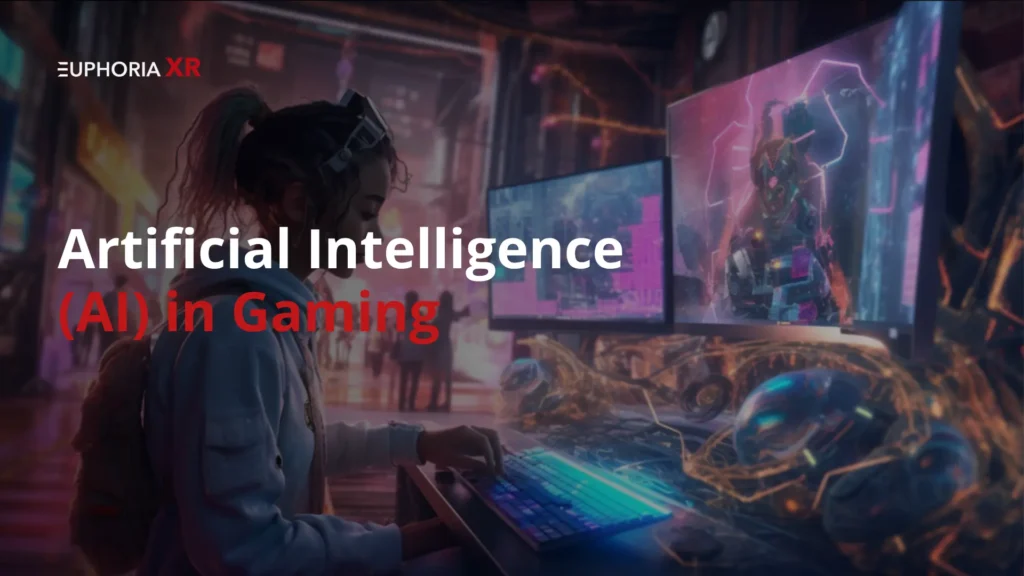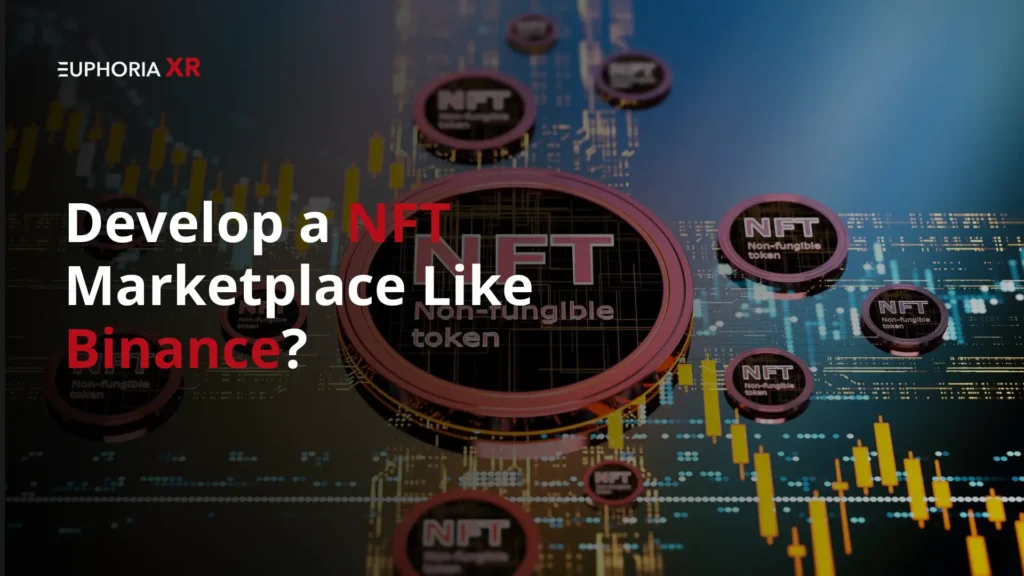Blockchain technology is rapidly spreading around the globe, transforming numerous industries and boosting creative thinking. Its three main characteristics—transparency, security, and decentralization—have enormous potential for use in various industries. But before you start your journey of blockchain app development, it’s important to understand the pros and cons of blockchain technology.
What is Blockchain Technology?
Blockchain technology is a distributed ledger system.
To further clarify, let’s review the following division:
Distributed Ledger:
A blockchain is a distributed ledger instead of conventional databases kept by a single company, such as a bank. As a result, duplicates of the ledger are distributed throughout a computer network, making data manipulation almost impossible.
Chains and Blocks:
Data in a blockchain is organized into “blocks.” Every block contains information about a transaction (money transfer, ownership change, etc.) and a special code that connects it to the block before it. This creates a chronological chain of blocks, enabling easy verification of any transaction’s history.
Security:
Every block is strongly protected and difficult to change because it is cryptographically safeguarded. Furthermore, altering one block would also need altering every block that followed it in the chain—an almost unachievable task on a large network.
Transparency:
All transactions are transparent and verifiable since each network member has a copy of the ledger. This increases trust and removes the requirement for a central authority to validate transactions.
Consider it as a publicly accessible Google Doc. The document’s history is visible to all users, and any modifications will appear to all users. The strength and security of blockchain technology stem from its distributed and transparent nature.
Pros and Cons of Blockchain App Development
Although blockchain technology presents amazing opportunities, it is not the ultimate solution. Before determining whether blockchain app development is the best option for your project, take into account the following factors:
Pros:
“Blockchain is the tech. Bitcoin is merely the first mainstream manifestation of its potential.”—Marc Kenigsberg, founder of Bitcoin Chaser”
Improved Privacy and Transparency:
Blockchain app development can transform apps where data integrity and trust are critical. Consider a blockchain-based supply chain management application. Recording a product’s whole lifecycle is possible, from the point of origin to the final consumer. This lessens fraud and counterfeiting by fostering transparency and trust among all parties involved.
Avoids Duplicate Expenses:
A publicly distributed database called the blockchain contains records of all Bitcoin transactions, which are verified by network nodes using cryptographic techniques. This approach effectively ensures transaction security by preventing instances of double spending.
This feature makes Bitcoin fungible, meaning each unit has the same value regardless of how it is physically constituted. Bitcoins are purely based on mathematical principles, as opposed to traditional currencies like the US dollar or the euro, which get their value from the financial viability of governing firms.
Enhanced Efficiency:
Blockchain technology can streamline and automate transactions requiring several middlemen. For example, consider a trade finance platform. The creation of blockchain apps can automate payment processing and document verification, greatly reducing processing times and related expenses.
Creative Business Models:
Blockchain’s special characteristics allow for developing creative business models that were previously impractical. For example, a blockchain app development company like EuphoriaXR provides a platform for safe fractional real estate ownership. For smaller investors, this might democratize access to real estate investing.
Reduces Fraud:
Financial organizations can fight fraud using blockchain technology’s incredible properties. Careful documentation of each transaction greatly reduces the possibility of fraudulent activity, making replication difficult.
Every transaction is included in a block, and other nodes in the network quickly identify and reject any effort to change blocks that have already been completed. Because of its unchangeable nature, a transaction’s receipt cannot be disputed once your bank has verified it. Furthermore, it becomes immediately noticeable when other network nodes see fraudulent activity meant to manipulate transactions.
Cons:
There are certain challenges of blockchain apps that may negatively impact user experience.
Limited Scalability:
Blockchain technology may handle many users or transactions too quickly, affecting your application’s performance. Although developers are always working to solve scalability issues with blockchain apps, it’s crucial to consider your app’s possible user base before starting any blockchain app development.
Cost:
One main obstacle to blockchain technology is its high energy consumption. Strong rigs are used in mining operations to solve intricate mathematical riddles to earn rewards, which uses a lot of electricity. As a result, some blockchains have extremely high running expenses, especially for smaller businesses or individual users. Furthermore, after a blockchain is implemented, any changes require upfront costs, highlighting the necessity of thorough budgetary planning before implementing the system.
Technical Difficulties:
Creating a blockchain app requires abilities different from those of creating a standard app. Blockchain app development companies are in high demand for developers with knowledge of distributed systems, cryptography, and particular blockchain protocols. Finding and employing these experts can take time and effort for some businesses.
Changing Regulations:
Blockchain law and regulation are still in the early stages of development, and businesses operating in this industry may experience instability. As technology advances, governments are anticipated to create more precise rules that offer a more stable environment for blockchain app development.
You can decide if developing a blockchain app is the best course for your project by considering the advantages and disadvantages. Remember that while blockchain technology is an effective tool, there is no one-size-fits-all answer.
Future of Blockchain Apps:
Despite the difficulties facing blockchain app development today, there is a ton of potential for innovative apps that have the power to transform several industries completely in the future. Here are a few key trends influencing how blockchain apps will develop in the future:
Enhanced Scalability:
Scalability is one of the main obstacles facing blockchain applications. High transaction volumes can be problematic for current systems. However, developers are working hard on techniques like sharding and layer-2 protocols to boost blockchain processing power. As these technologies grow, blockchain app development will become simpler for apps with a big user base.
Focus on Connectivity:
Currently, various blockchains frequently function independently. Future developments should emphasize interoperability, which will enable smooth data exchange and communication between various blockchain networks. This will make it possible to create linked blockchain apps, which will enable us to discover more about the wonders of blockchain technology.
Introduction of Decentralized Finance (DeFi):
Blockchain-based DeFi applications are already reversing the established financial industry. These apps allow people to obtain financial services independently of centralized organizations. As blockchain app development advances, we may see various new DeFi applications that provide more financial inclusion and transparency.
Integration with the Internet of Things (IoT):
There is a lot to learn when blockchain technology and IoT come together. Blockchain applications can welcome a new era of automation and machine-to-machine communication by safely storing and managing data from linked devices. This can completely transform manufacturing, supply chain management, and smart cities.
Emphasis on Sustainability:
The energy usage of specific blockchain protocols has sparked questions about how they may affect the environment. Nonetheless, engineers are hard at work creating ways to improve the sustainability of blockchain technology. Future blockchain applications should be constructed using cost-effective protocols to reduce environmental impact.
Takeaway:
Blockchain technology provides a powerful toolkit for creating safe, open, and effective apps. However, it’s crucial to carefully weigh the benefits and drawbacks of blockchain app development in light of your unique needs and goals. You can decide if developing a blockchain app is the best path for your next big idea by keeping in mind the difficulties associated with the technology and the changing market.















